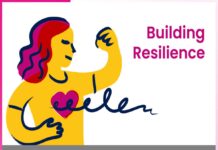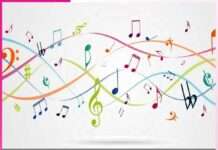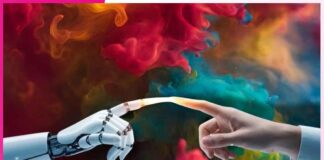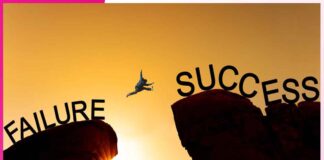Soft Skills Versus Hard Skills
Introduction: A key idea in professional and personal growth is differentiating between “hard skills” and “soft skills.” Soft and hard skills are two categories of abilities and knowledge people use in various aspects of their lives. In this article, we’ll explore the differences between these two skill sets, understand their importance, and discuss how they complement each other for success.
Table of Contents
Soft Skills: The People Skills:
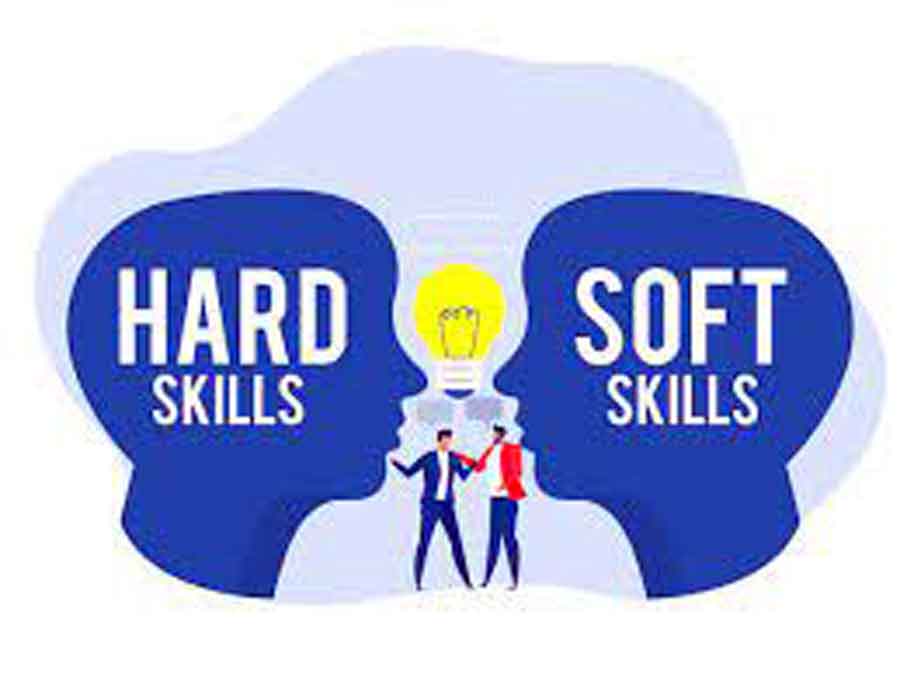
- Communication:The ability to express ideas, thoughts, and information clearly and effectively. It involves listening, speaking, and writing skills. Good communicators can convey their messages in a way that others can easily understand.
- Empathy:The capacity to understand and share the feelings of others. Empathetic individuals can connect with people on a deeper level and build stronger relationships.
- Teamwork:The ability to collaborate and work effectively with others. Team players can contribute to group goals, communicate well with colleagues, and resolve conflicts.
- Adaptability:The capability to adjust to new situations and challenges. Being adaptable means staying open to change and learning from new experiences.
- Problem-solving:It is the skill of finding solutions to issues and challenges. Good problem solvers can analyze situations, identify the root causes of problems, and devise effective solutions.
- Time Management:Organizing tasks and allocating time efficiently. Time management is essential for productivity and meeting deadlines.
- Leadership:Guiding and motivating others towards achieving a common goal. Leaders can inspire, delegate, and make crucial decisions.
- Stress Management:The capability to handle stress and pressure healthily. It involves self-regulation and coping strategies.
Hard Skills: The Tangible Abilities:

- Technical Skills: These include expertise in using specific software, machinery, or tools. Examples are programming, data analysis, or operating heavy machinery.
- Language Proficiency:Speaking and writing in multiple languages is a complex skill. This can be vital for jobs that require translation or international communication.
- Data Analysis:The ability to gather, analyze, and interpret data using statistical tools and software. Data analysis is crucial in fields like finance, research, and marketing.
- Medical and Healthcare Skills:Practicing medicine, nursing, or other healthcare professions require specific hard skills and knowledge of medical procedures.
- Engineering and Technical Skills:Engineers and technicians possess hard skills in designing, building, and maintaining various structures and systems.
- Accounting and Financial Analysis:Professionals in finance and accounting need hard skills related to financial reporting, auditing, and investment analysis.
- Carpentry and Craftsmanship:Tradespeople such as carpenters, plumbers, and electricians have hard skills related to their respective crafts.
- Scientific Research:Scientists and researchers use hard skills in conducting experiments, data collection, and laboratory techniques.
The Importance of Soft Skills
Soft skills are vital for professional and personal development, even while hard skills are necessary to complete tasks. Here’s why soft skills are so critical:
- Effective Communication:Effective communication is a cornerstone of success. In both the personal and professional spheres, soft skills like empathy, active listening, and effective communication promote positive relationships and teamwork.
- Building Relationships:Empathy, teamwork, and leadership skills are invaluable for building and maintaining solid relationships with colleagues, friends, and family members. These skills enhance trust and rapport.
- Problem-Solving and Decision-Making:Soft skills like Critical thinking and problem-solving allow people to recognize and address complex challenges practically and thoughtfully. They lead to more efficient solutions and better decision-making.
- Adaptability and Resilience:People who are resilient and able to adjust to the ever-changing world are better able to manage stress and flourish in fast-paced settings.
- Time Management and Organization:Soft skills related to time management and organization help individuals increase productivity and meet deadlines, which is vital in personal and professional life.
- Leadership and Motivation:Leadership skills are for more than just people in management positions. Leadership can help anyone inspire and motivate others, whether in a team project or a family setting.
- Conflict Resolution:Managing conflicts and negotiating effectively is essential for maintaining harmonious relationships in all aspects of life.
The Importance of Hard Skills
Hard skills are equally essential for professional and personal development. Here’s why they matter:
- Job Competence:Most jobs require specific hard skills. For instance, a surgeon must possess the complex skills necessary for surgery, just as a software developer needs programming skills.
- Career Advancement:Acquiring and improving hard skills can lead to career growth and better job opportunities. It is common for employers to look for applicants who possess both hard and soft talents.
- Problem-Solving and Efficiency:In professional settings, hard skills are necessary for problem-solving, data analysis, and efficient task completion.
- Quality Work:Proficiency in hard skills ensures that work is done precisely and accurately. Quality work is often a result of well-developed hard skills.
- Innovation and Creativity:Hard skills like technical proficiency can enable individuals to innovate and create new solutions or products.
- Education and Training:Hard skills are the focus of formal education and vocational training, which are critical for gaining expertise in specific fields.
Bridging the Gap
The combination of hard and soft abilities is the secret to personal and professional success. The most effective individuals possess a well-rounded mix of both. Here’s how they can complement each other:
- Communication and Technical Proficiency:Soft skills like effective communication can help explain complex technical concepts to non-experts. This is especially important in industries like IT and engineering.
- Adaptability and Skill Acquisition:Being adaptable and open to learning new complex skills is crucial in a rapidly changing job market. Those who are willing to learn can stay ahead of the curve.
- Problem-Solving and Decision-Making:While hard skills can provide the data and information needed to solve a problem, soft skills like critical thinking can help individuals make sound decisions based on that information.
- Teamwork and Collaboration:The ability to collaborate effectively is often a combination of soft and hard skills. A team must be skilled in their respective tasks and work together harmoniously.
- Leadership and Technical Leadership:In leadership positions, combining leadership skills with technical proficiency can lead to innovation and the effective management of teams and projects.
- Time Management and Efficiency:Time management is a soft skill that complements the efficient application of hard skills. Managing time well ensures that tasks are completed promptly.
Conclusion: Success in any endeavor is often the result of a well-rounded skill set that includes soft skills, which help us interact with people and navigate life’s challenges, and hard skills, which are the tangible abilities necessary for specific tasks and jobs. Individuals must strive to develop and balance soft and hard skills to thrive in a dynamic and competitive world. Whether in the workplace, relationships, or personal growth, the harmonious combination of these skills can bridge the gap for success, leading to fulfillment, achievement, and a well-rounded life.

